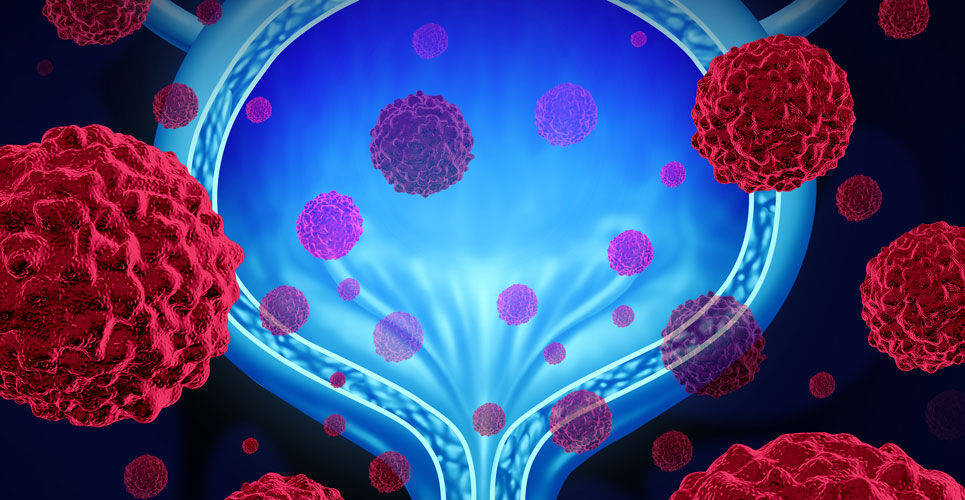Pembrolizumab monotherapy in high-risk, non-muscle-invasive bladder cancer patients unresponsive to BCG treatment shows anti-tumour activity
In results presented at the 2023 American Society for Clinical Oncology (ASCO) genitourinary cancer symposium, pembrolizumab monotherapy given to patients with Bacillus Calmette-Guerin (BGC) unresponsive, high-risk, non-muscle invasive bladder cancer, showed notable anti-tumour activity.
The vast majority (75 to 80%) of newly diagnosed bladder cancers are categorised as non-muscle invasive cancers (NMIBC). BCG has been used in the treatment of NMIBC for many years although in roughly half of high-risk patients, intra-vesical BCG treatment fails and NMIBC persists or recurs early. In an earlier phase 2 study (KEYNOTE-057), patients with histologically confirmed BCG-unresponsive carcinoma in situ with or without papillary tumours, treated with pembrolizumab monotherapy showed that the drug was both tolerable and demonstrated promising anti-tumour activity.
The data presented at the ASCO symposium relates to a second patient cohort from KEYNOTE-057 who had papillary tumours but without carcinoma in situ. These individuals received pembrolizumab at a dose of 200 mg every three weeks for less than 35 cycles. The primary endpoint as 12-month disease-free survival (DFS) as determined by central pathology and radiology review. Other outcomes explored included the 12-month DFS of any disease, progression-free survival (PFS) to worsening of grade, stage, or death as well as PFS to muscle invasion, metastasis, or death and finally, overall survival (OS).
Pembrolizumab and disease-free survival
A total of 132 patients with a median age of 72 years were included and who had received a median of 10 prior BCG instillations. The median follow-up was 45.4 months.
The 12-month DFS rate was 43.5 % and the median DFS was 7.7 months (95% CI 6.5 – 13.6). In addition, for any level of disease recurrence, the 12 month DFS was estimated as 41.7% with a median DFS of 6 months. The 12-month PFS to either invasive or metastatic disease or death was 88.2% with a median PFS of 46.2 months and the estimated overall survival rate at 12 months was 96.2%.
The authors concluded that patients with BCG unresponsive, non-carcinoma in situ papillary high risk NMIBC may benefit from pembrolizumab monotherapy.
Citation
Necchi A et al. Pembrolizumab (pembro) monotherapy for patients (pts) with high-risk non–muscle-invasive bladder cancer (HR NMIBC) unresponsive to bacillus Calmette–Guérin (BCG): Results from cohort B of the phase 2 KEYNOTE-057 trial. Abstract LBA442, GuCS 2023

